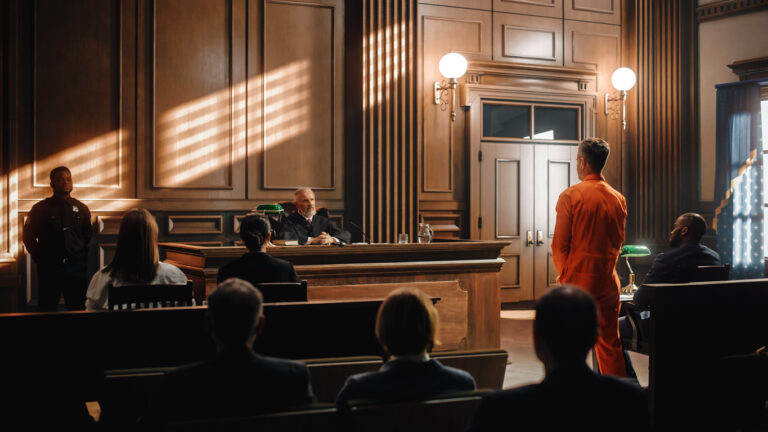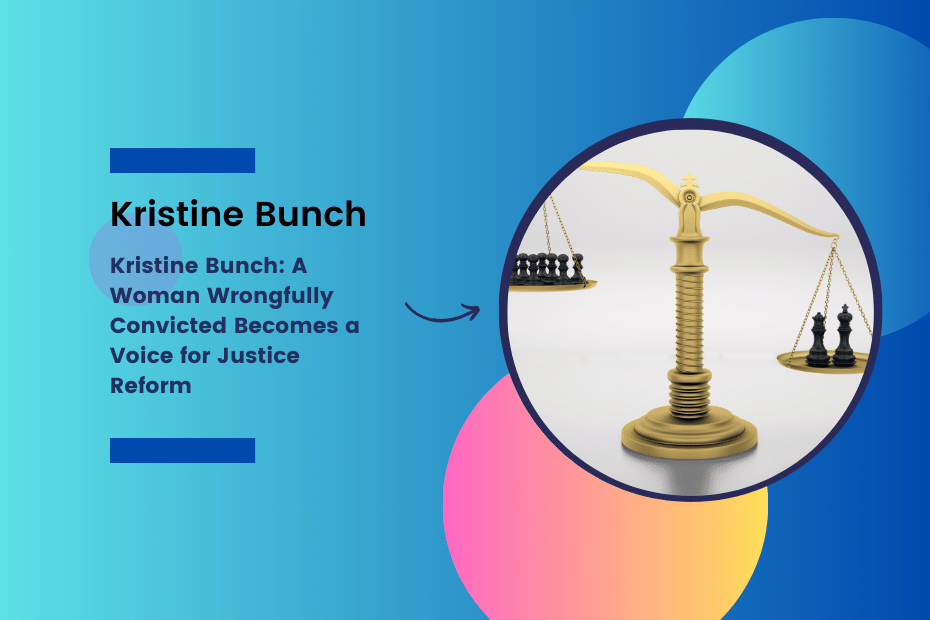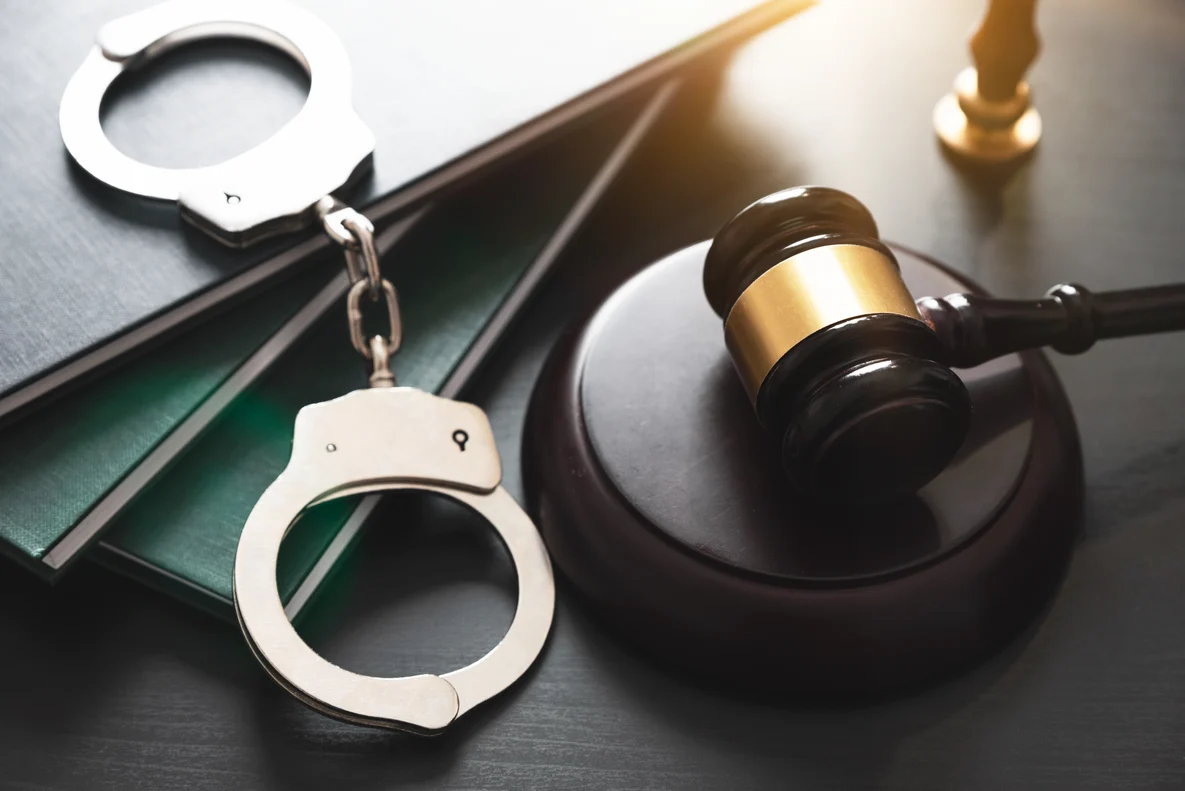Malcolm Alexander’s dog, Innocent, is a reminder of the truth he has always believed in: his innocence.
The two have been together since Alexander was serving a prison sentence for a crime he didn’t commit. A fellow inmate’s dog had puppies, and Alexander was allowed to keep one.
Alexander ended up spending nearly 38 years in a cell, maintaining his innocence the entire time. Eventually, he got legal counsel from the Innocence Project, who helped find the DNA evidence that finally cleared him of the crime. Alexander’s sentence was overturned in 2018, and he is now fighting the state to receive financial compensation for the decades he lost.
Currently, 38 states plus the District of Columbia have statutes to compensate exonerees for their wrongful convictions, but the process can take years and varies across states. The National Registry of Exonerations estimates about 41 percent of those who have sought compensation through the states have been paid.
For Alexander, enduring yet another legal process is about more than the money. After all, he found a job about six months after being released, and his now-wife works too.
“It proves to be a full apology,” he said.
It is also about rebuilding his life and having flexibility. Alexander was 20 years old when he was arrested. Now, at 63, he is living in a changed society, with a new economy and new technologies.
“You have to look at the fact that we [were taken] out of society, that is where you have an opportunity to grow in life, to do something with yourself, you know what I’m saying? And here I am placed in an institution where my life, my prosperity have been completely halted,” Alexander said.
He wants to be able to use money for emergencies, and give his dog a groom and a new house.
“I built her dog house, and I must have not built it too sturdy because we just had that storm up here, [Hurricane] Ida, and it blew the dog house.”
He said he would use some of his compensation money to buy bricks for a new dog house.
But it’s still uncertain if he will ever receive money from the state. Earlier this year, a trial judge denied his initial claim for compensation. He appealed that decision and a new one is expected in the next few months, according to his attorney.
Click here to read the rest of the article.



